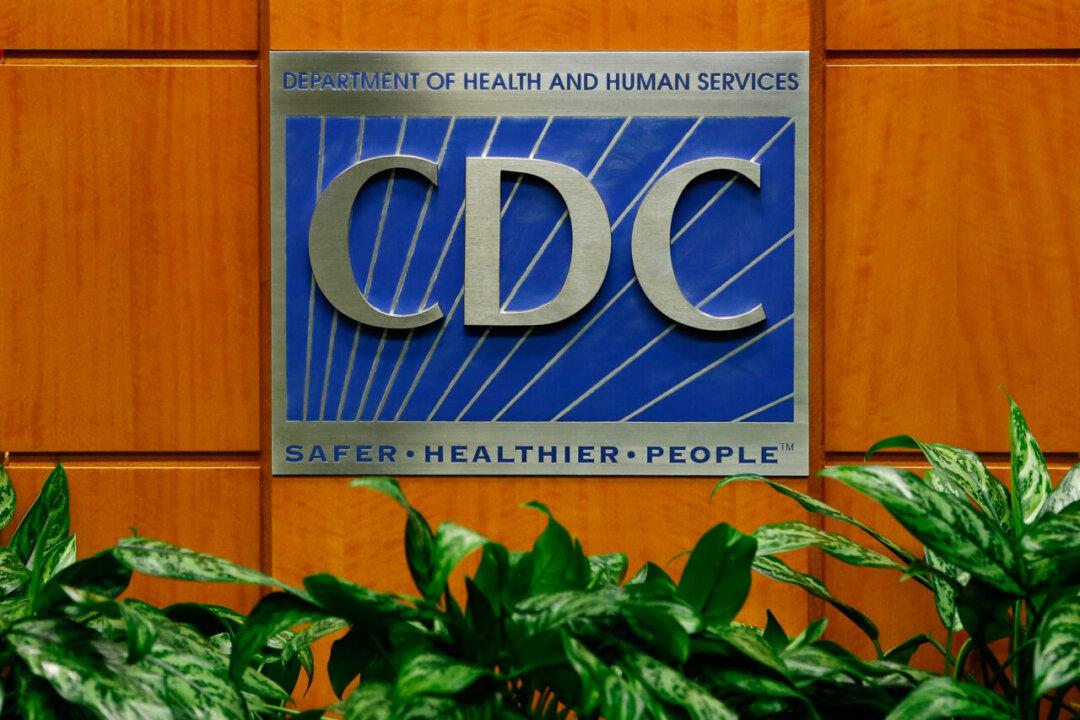A federal judge struck down a nationwide eviction moratorium issued by the Centers for Disease Control and Prevention (CDC), ruling the 2020 ban was beyond the agency’s authority.
The ruling in the lawsuit, known as Skyworks Ltd. v. CDC, came on March 10. The ruling consisted of a declaratory judgment but not an injunction. It’s unclear if the Biden administration will appeal.





